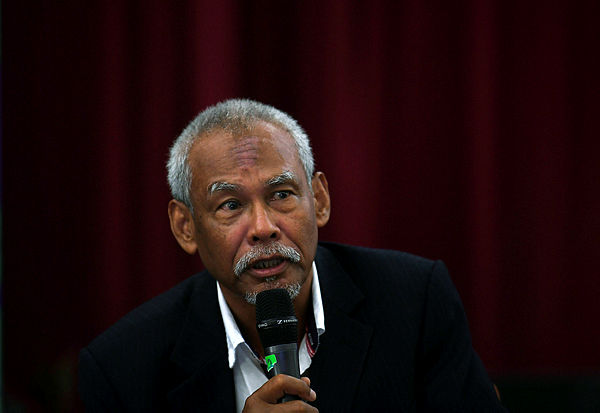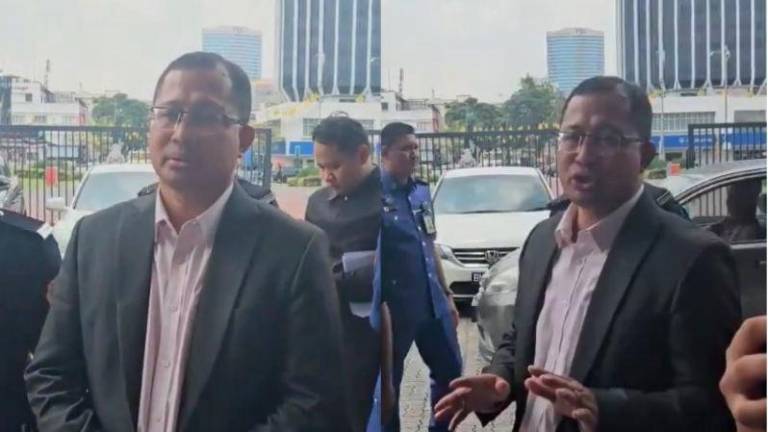KUALA LUMPUR: Questions have been raised by lawyers and a former top brass police officer on whether the audio clips released to the public by the Malaysian Anti-Corruption Commission (MACC) yesterday were prejudicial to former prime minister Datuk Seri Najib Abdul Razak.
Ex-Inspector-General of Police Tan Sri Musa Hassan (pix) told theSun that making the recordings public could also affect police investigations.
“Before going public, there should be an investigation first.”
“If it is meant for evidence in court, then it can only be used in court.
“Such evidence will not only be prejudicial towards Najib but also to those individuals whose voices has been recorded, when charges are preferred against them,” he said.
Musa said the recordings should have been handed over to the court first before a police investigation to verify the motive of the conversation and the identities of those involved are determined.
“Any telephone conversation tapped for an investigation should come with the consent of the Attorney-General’s Chambers (AGC). Only then will it be admissible in court. If it is done without the consent of the AGC, then it is illegal.
“As for now, a forensics report will be needed and it has to establish that all the recordings were not edited or tampered with. Then, it will be up to the court to decide if it will accept the recordings as evidence,” he said.
Kepong Member of Parliament and lawyer Lim Lip Eng said it would be inappropriate if the recordings of the telephone conversations were tapped without a court order.
“The MACC did the right thing by handing over the contents to the police for investigation. It is the responsibility of the police to verify the authenticity of the recordings.”
Senior criminal lawyer K. A. Ramu said such recordings are admissible in court if it is authenticated by forensic experts. He said, backed with a report from forensic experts, it was up to the court to accept such evidence. However, he felt that it was prejudicial to release the contents of the recordings to the public.











